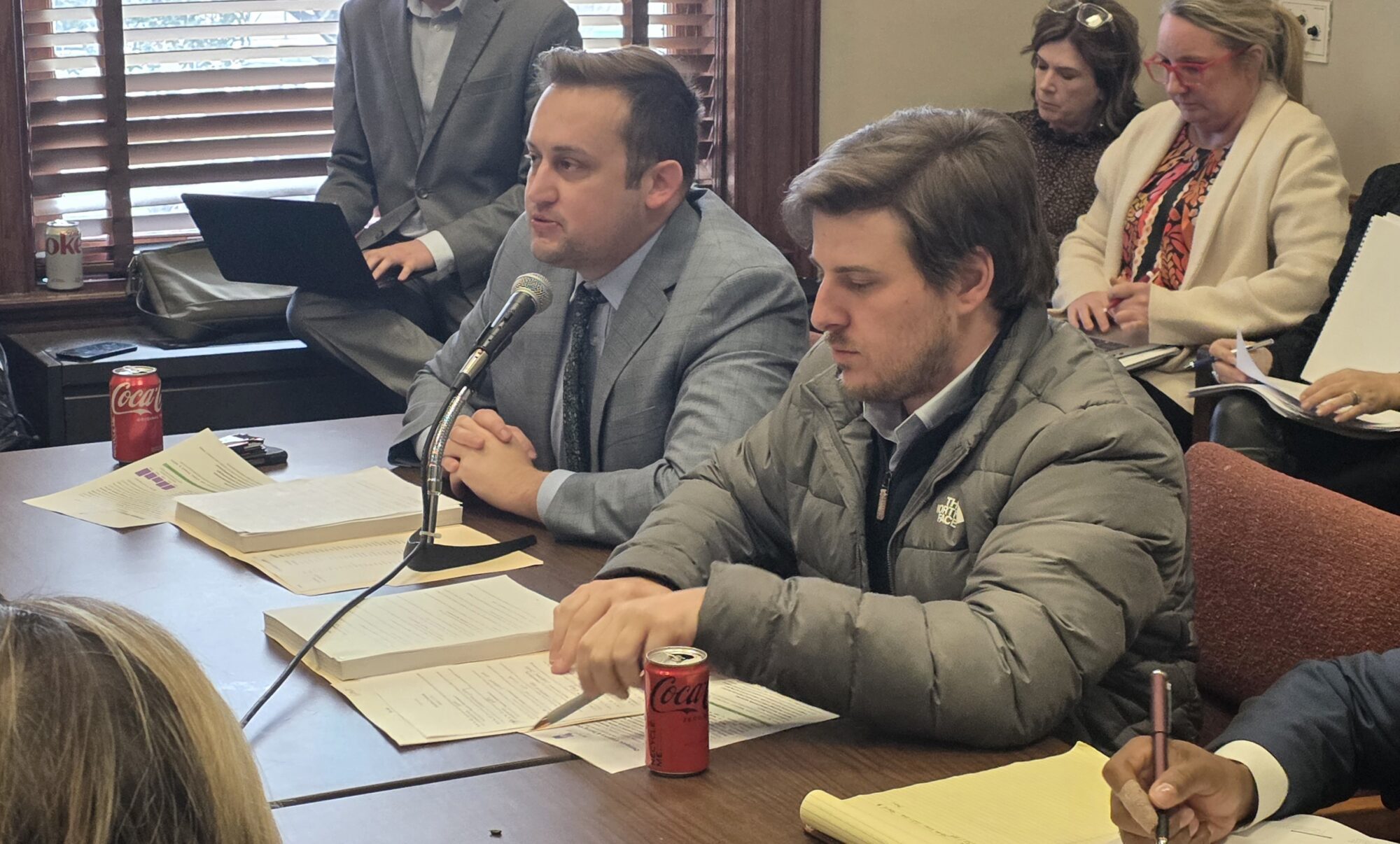
Sid Salter
- Columnist Sid Salter writes that local and state governments want to how much the President’s deportation efforts will cost them.
After the last orchestra note fades and the final glasses of champagne are consumed at the inaugural balls, President Donald Trump’s meter will begin running by those on both sides of the contentious illegal immigration issue.
Advocates for strong border control and advocates for immigrant rights alike are watching the situation closely, including some in Mississippi. Trump in recent days has doubled down on the campaign promises to begin deportations as early as Jan. 21.
Media reports indicate that President Trump plans to focus initial efforts in Chicago or other major metropolitan areas that have declared themselves “sanctuary cities” for immigrants by executive order.
A weekend Wall Street Journal report quoted Tom Homan, the Trump administration’s incoming border czar, on comments he alleged made at a December holiday event that signals the launch of the deportation effort: “We’re going to start right here in Chicago, Illinois. And if the Chicago mayor (Brandon Johnson) doesn’t want to help, he can step aside. But if he impedes us, if he knowingly harbors or conceals an illegal alien, I will prosecute him.”
History shows that Trump’s mass deportation campaign promise is not a first-time action by a U.S. president nor were past efforts met with particular resistance, as documented on Dec. 29 in a story by Politico’s Ali Blanco.
Such efforts are indeed as old as the “Alien Activities Act of 1798” and efforts over the ensuing decades of American history aimed at blocking the entrance, deporting or expelling the Irish, Asians in general, the Japanese in particular, Mexicans and other Hispanic immigrants, Russians and Italians.
Presidents engaged in some of these activities included Herbert Hoover, FDR, and even Chicago’s former U.S. Sen. Barack Obama, whose administration deported some three million immigrants. President Dwight Eisenhower authorized action against Mexican laborers in the 1950s.
On the campaign trail in 2024, Trump made an unequivocal promise to begin on the “first full day” he’s in office the mass deportations of the estimated 11 million immigrants who are undocumented or otherwise in the U.S. illegally.
Politically, illegal immigration and immigration issues are vastly overstated issues in Mississippi. Neither demographics nor fiscal reality supports the political alarm present. Globally, nations want to change immigration quotas, caps, and visa regulations to solve supply chain and worker shortage challenges. Mississippi’s unemployment rate is 3.1%.
The advocacy group American Immigration Council identifies 64,600 immigrants in Mississippi (2.2% of the state’s total population) as of 2025, with 37,400 immigrant workers in the state’s workforce.
AIC reports that 41.5% of Mississippi’s immigrants are naturalized U.S. citizens. Countries of origin include Mexico (25%) and India (7%). Most Mississippi immigrants work in construction (6.9%) and hospitality (5.1%).
The group identifies 20,000 Mississippi immigrants as “undocumented” or otherwise illegal or 32% of the state’s immigrant population and 0.7% of the state’s population.
The AIC reports that as about three percent of the state’s labor force, immigrant workers generate about $1.3 billion in spending power and pay $397.8 million in federal, state, and local taxes.
The opposing Federation for American Immigration Reform (FAIR) counters that illegal immigration is by far a net fiscal drain on Mississippi taxpayers. A Mississippi Office of the State Auditor report in 2024 estimated that illegal immigration costs state taxpayers over $100 million annually.
But taking President Trump at his word, the pursuit, apprehension, and succeeding housing, feeding and transportation of 11 million undocumented or otherwise illegal immigrants is a task that will require law enforcement or military personnel and facilities across the country, it will be expensive.
And even in red states like Mississippi that support the new president, there is a hunger among state and local governments to know how much of that expense Trump believes they should bear.







